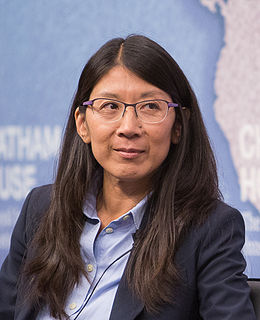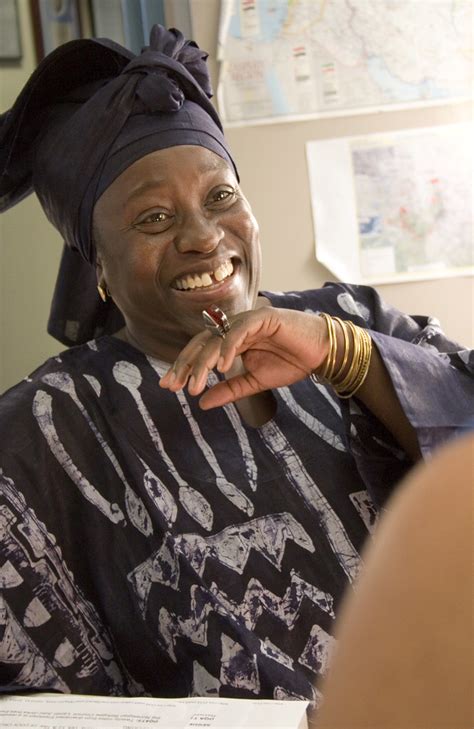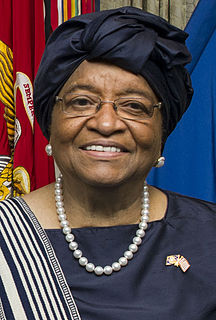A Quote by Joanne Liu
When there were cases of Ebola in the States, I respected that people wanted to address concerns and take some sort of action, but the focus turned completely to the U.S. At one point, we started to wonder, Where is the Ebola epidemic happening? The States - or West Africa?
Related Quotes
Ebola has killed almost 12,000 people and at least 500 health workers. So it affected the entire population. And as you know, the World Health Organization was accused of not having declared an epidemic soon enough. And that's when we saw Ebola rampaging through Sierra Leone, Liberia and, to a lesser extent, Guinea.
I think Ebola is a great example of where the world really needs to come together. The three countries where this outbreak took place have had a lot of civil war, very weak health systems. And so, it did take a while for people to understand ....that eventually what we saw was a very unique Ebola epidemic. I think it is quite impressive what's being pulled together, and I think we will be able to get this under control.
































